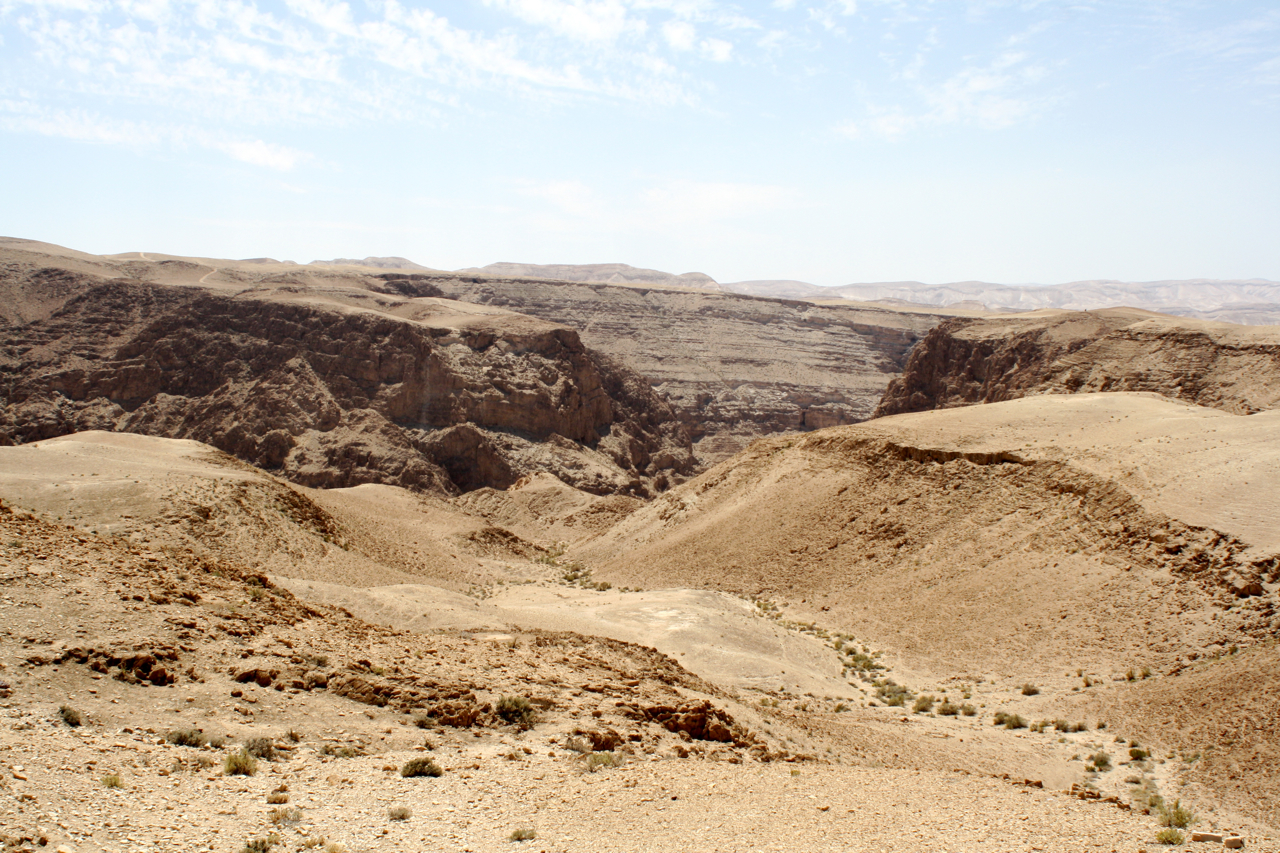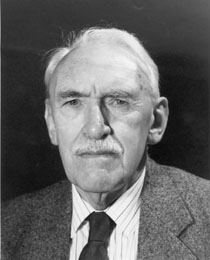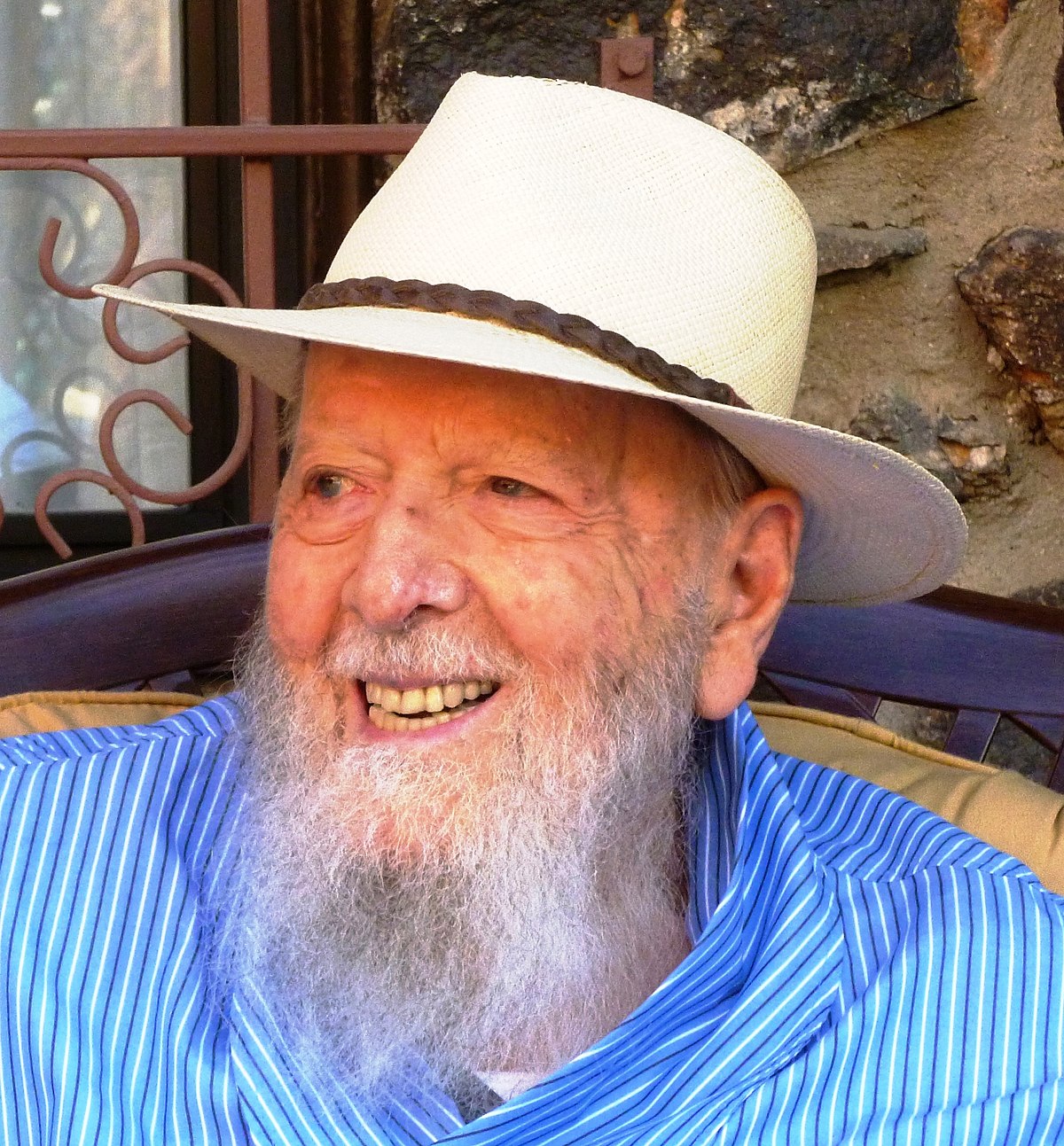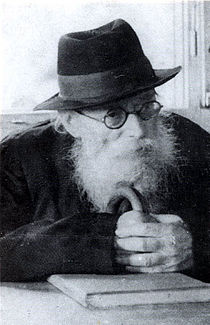Sir Martin Gilbert has written “In Ishmael’s House” a popular history of the Jewish experience over almost fifteen centuries of life under Moslem rule. The book, is an eye opener for it will destroy with hard evidence some of the current most cherished myths of Western society and history-ignorant Jews about the root problems in the Middle East and especially about the Arab-Israeli conflict. Jews lived a forced subjugated life in Moslem society since the seventh century onwards. The application of dhimmi laws and customs degraded Jews wherever they lived in Moslem lands and no matter to what economic or governmental heights individual Jews may have attained. Jewish life was dictated by the whim of the Moslem ruler of the country. Some were kinder and more tolerant than others but the general picture was one of bleakness, poverty, sporadic violence and constant degradation.

In spite of this, the Jews in the Arab lands developed their own rich culture of literature, music and philosophic thought. There arose great Torah scholars in every one of the countries under Moslem rule and in a constancy of every generation and age. Jews were poor and degraded and persecuted, but like the Ashkenazic Jewish world, Jewish life was full and rich and vibrant. Living and preserving their Jewish way of life and practice under such adverse conditions is a testimony to those Jewish communities of the Levant. Gilbert documents in this book that pogroms were not confined to Ashkenazic Christian Europe. They occurred regularly and fiercely in the Moslem countries as well though it must be noted that it was with less frequency and somewhat less total ferocity than those perpetrated by the Church and Christianity.
Nevertheless Gilbert’s book is filled with gruesome descriptions of the atrocities committed against Jews by the Moslems who were their neighbors and sometimes erstwhile “friends.” Jewish children were regularly kidnapped and forcibly converted to Islam. This was especially true in the case of Jewish orphans. The same calumnies that were voiced against the Jews in Christian Europe – blood libels, poisoning the wells, invoking demons and evil spirits, disloyalty to the state, shady dealing, etc. – were also common currency at all times in the Moslem world.
The situation for Jews in Moslem societies always was precarious even under the most benevolent rulers. The reason for that was that even though the leader, Sultan, President, sheik, whoever, was relatively tolerant and benevolent, the society as a whole never was. Thus Moslem society resented and oftentimes rebelled against rulers who were deemed to be too kind to their Jewish subjects. It is much the same in today’s Moslem world where, for instance, the revelation of the concessions made in negotiations with Israel by Abbas and the Palestinian Authority leadership has sparked angry protests, denials and retractions because of the prevailing mood and deep seated hatred of Jews in the Palestinian society as a whole.
Gilbert’s book is full of such instances stretching over the long centuries of Moslem domination over Jews. The situation for Jews in the Moslem world seesawed violently in the twentieth century. The rise of secularism and Western education and values brought about a relaxation of enforced dhimmi status for Jews. Many Jews again rose to high governmental and social prominence in Moslem countries during the first part of the twentieth century.
Jews were prominently successful in the arts, politics, financial fields and industrial development of the Moslem countries where they resided. However the effects of World War I and the continuing immigration of Jews to then Palestine coupled with openly expressed Zionist aspirations for a Jewish state to be located in the heartland of the Moslem Middle East gave rise to a surging sense of Arab nationalism and a demand to be freed from colonial rule. The emerging Jewish society in Palestine was seen as a threat to this tide of Arab national aspirations. Thus the Moslem society reacted with violence against the Jews in Palestine as well as against the Jews living in their midst in countries outside of Palestine. All protestations by the political and religious Jewish leadership in North Africa and the rest of the Middle East that the Jews living in those
Moslem countries were not Zionists and were loyal to the interests of the countries where they resided. A Jew is a Jew is a Jew, no matter what. The rise of Naziism in Germany created the still continuing unholy alliance of innate Moslem religious bigotry with German genocidal anti-Jewish propaganda and persecution and this has marked the scene of JewishMoslem relations over the past eighty years. The Arabs overwhelmingly supported Nazi Germany in World War II and openly stated that they wanted the Final Solution to the Jewish Problem to be implemented in their countries as well, especially in Palestine. When Israel successfully repelled the armies of the Arab states that attempted to destroy it at its birth in 1947-1949 the anger, humiliation and frustration of the Arab masses was violently vented against the Jews of Algeria, Morocco, Libya, Egypt, Iraq, Syria and Lebanon. In a chilling description of the atrocities perpetrated against the Jews of those countries Gilbert details the full horror of those developments.
As he wryly notes there were 726,000 Arab refugees from Palestine after the War of Independence while there were 850,000 Jewish refugees from Arab lands. The difference in the world’s treatment of these different groups of refugees is startling and disheartening. The Moslem Brotherhood, the Iranian Shiite mullahs, Al-Qaeda, the Saudi Arabian Wahabi monarchy and the other fundamentalist Moslem societies the world over are all committed to the subjugation if not the outright destruction of the Jewish people – not merely the State of Israel. The world did not believe what Hitler wrote in his book Mein Kampf and paid for it in a destructive war that consumed over twenty million lives including six million Jewish lives. Much of the West and its leadership has never read Gilbert’s book and therefore continues to live in its fantasy world about “true” Islam’s moderation and tolerance for others.
J Street, the Israeli Left and much of its academia also continue to live in their fantasy world of so-called ill-defined human rights and fruitless peace negotiations, unilateral concessions and the illusory Middle East rose garden. The roots of the problems facing Islamic countries are historically very deep, strong and very troubling. Before the West can hope to influence the Moslem masses and the Arab street it has to reorder its own views and accepted truths, most of which are based on historic misreadings and fallacies. Reading Sir Martin Gilbert’s book, In “Ishamel’s Tent,” can help start this necessary process of rethinking and reevaluating the very dangerous world that we find ourselves living in.










